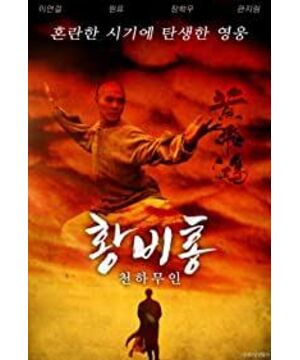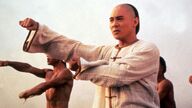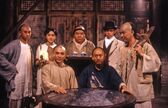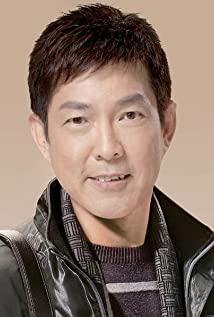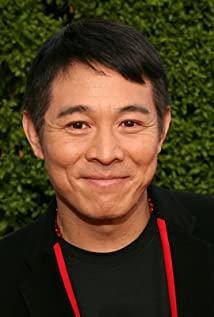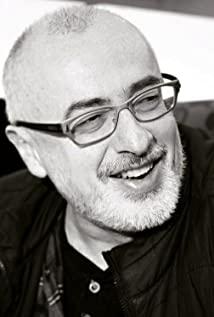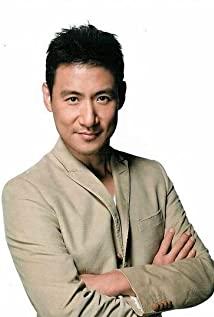Huang Feihong (1856~1925) was a martial artist in the late Qing Dynasty and the early Republic of China, a famous Chinese medicine surgeon, and a famous lion dancer. At that time, Huang Feihong's reputation was only spread in Guangdong, and his records only appeared in a few historical books. However, such a situation has obvious advantages. Directors of different eras can freely place Huang Feihong in an imaginary historical environment, and express their thinking about the current era through Huang Feihong. Since "Once Upon a Time" by Hong Kong director Hu Peng in 1949, there have been more than 100 series of works. And Tsui Hark's new version places the narrative environment of the film on a profound historical stage. The background of the trilogy is after the Opium War, the self-improvement movement in the late Qing Dynasty, and the Boxer Movement, and it is placed in the historical situation that China has become a semi-colonial since the Opium War. Next - known by the Chinese as a century of humiliation.
However, Tsui Hark does not place the story in the dichotomy of heroes against invaders that is common in nationalist narratives, the conflict in the film is multi-dimensional, the collision of Eastern and Western cultures (the film begins with a group of foreign missionaries swaggering in the streets) However, while singing "Halluya", the Chinese music troupe on the adjacent teahouse deliberately yanked the erhu, trying to suppress the foreigner's voice with the Cantonese music "Xiyangyang"), the conflict between tradition and modernity (white lotus believers thought they had practiced the erhu) Divine power can "protect the body". After seeing that the leader's magic power that can block bullets is only caused by the iron plate tied to the chest, they lost their faith in the troubled times; they rejected the Wong Fei-hung consciousness tradition of Western culture at the beginning. China's many backward places, put on suits, learn Western medicine, and begin to accept Western culture), martial arts and moral conflicts (the villain in the first part is a person with strong martial arts but no martial arts, and Huang Feihong is an enthusiastic place The martial arts master who is doing business and asking for life for the people, the Chinese martial arts spirit praised in the film, the core of which is the spiritual orientation of Confucian culture. Wushu is not used for showing off, nor for conquest or bravery, but for self-cultivation, self-defense, subjugation of evil spirits, and maintenance of society. morality and maintaining ethical order).
At the same time, in the context of the country being divided and invaded by imperialism, the film does not simply regard foreigners as pure and inept villains. China in the story is not only faced with foreign aggression, but also has internal worries, and further discusses the national The proposition of sexuality (discussions on nationality began only after the Revolution of 1911, which obviously could not have happened in the era when the story took place). When Huang Feihong defeated the bullies to seek witnesses, the crowd who were still watching immediately dispersed for fear of being implicated. Instead, foreign "priests" came forward to testify. When Huang Feihong and others first arrived in Guangzhou, they were catching up with a group of people. They shouted slogans such as "support the letter from the bus", "oppose the Treaty of Shimonoseki" and "oppose the cession of Taiwan", while the people in the cafeteria upstairs were still discussing "Where is Taiwan?" Manage Taiwan..." - This way of dealing with nationalism is more rational. The film conveys that the Chinese people's conservatism, indifference, and self-sufficiency are the biggest root of the problem. It does not simply point to the criticism of colonialism (but There is no doubt that the foreigners in the film are quite cruel, greedy and arrogant), the first two shows possible ways of saving the country - increasing strength through physical fitness, increasing confidence through belief in witchcraft, but undoubtedly these have failed, Vulnerable in the face of strong guns and short guns, where is the way out, and how complex is the problem? The discussion on national character is stated by Huang Feihong at the end of the last part: "The so-called brave man is fearless, the benevolent is invincible, and the most important thing is to practice martial arts to strengthen one's body, and the most important thing is to combine wisdom and courage. How can the country be prosperous and the people strong?"
View more about Once Upon a Time in China reviews


